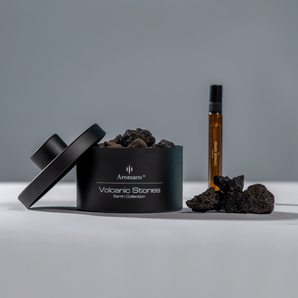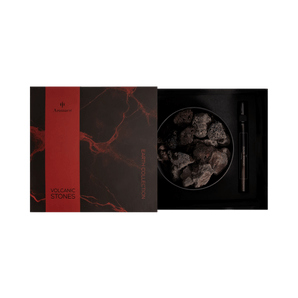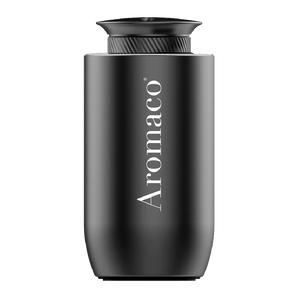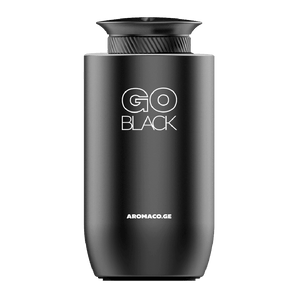Aroma Marketing
Over the past few decades, sensory marketing has become an increasingly effective marketing tool for businesses and advertisers promoting various products. Most brands aim to get close to consumers and influence their decisions through their own senses. A clear example of this is the scratch sound of a Sharpie pen, the specific tone of cleaning the mouth and many other sensory impressions.
Over the years, many industries have focused on the five senses during the product development process, which is especially pronounced in car manufacturers: the supple, leathery feel of the dashboard, the quick and firm sound of a door closing or the smell of a new car – every detail had a purpose.
While taste, sound, touch and feel are equally important to brand identity, smell has taken a leading position in the 21st century. It has been scientifically proven that 40% of a person's mood is caused by smell, as its emotional perception is 75% greater than both audio and visual perception. Olfactory receptors are directly connected to the brain cell responsible for emotions and memory. A scent can transport the user to different times and spaces. Therefore, buying aromatic oils is becoming more and more popular.
Recent studies show that the human brain remembers a smell 100 times more easily than what it touches or hears. In response, businesses have started actively using air diffusers in their commercial establishments.
However, the main question that every business owner or retailer asks is: What is the best fragrance for my brand?

Each company must determine what sensations and associations it wants to evoke in the customer, how it wants them to feel in their space. Or at least which fragrance sticks to buy will suit the image of a particular brand. After that, with the help of fragrance experts, they will select a fragrance that will meet the needs of any business, be it retail, hotel, office, restaurant or car showroom.
Through the right scent, customer behavior changes, dwell time increases, sales rate increases by 15%, brand identity is established, and once-visitors turn into loyal brand customers.
For example, scented candles and their aromas differ in their composition and effects: some scents promote relaxation; Some - concentration, etc.
Hotel owners mainly choose the scent based on the location. For example: in hotels in mountain resorts, you will often smell the forest to emphasize that you are in nature. And hotels located in the coastal area use tropical or coconut heady scents. Scenting a hotel can have many similar benefits.
Competition among gyms and fitness centers is fierce, and one way to gain an edge is to incorporate a unique and memorable scent. Peppermint, jasmine and citrus essential oils have aromas suitable for the fitness lobby. Intense cardio and spinning exercises require energy, with which notes of lemon and tropical fruits will charge us.
Banks and financial institutions generally choose a suitable scent for their logo. For example, if the logo is orange, they prefer the citrus flavor of oranges. Elite concept banks often perfume the space with essential oils containing notes of tobacco and leather, which are associated with luxury.
Beauty centers and spa salons constantly take care to create a calm atmosphere so that the customer can relax and feel healthy. Such an environment is created by the aromas of green tea, mint and lavender. Aromatic sticks of cedar or even the popular sandalwood are also ideal during a spa massage.
Retail stores began experimenting with the first fragrance diffusers in the 1970s. According to Zev Auerbach, executive creative director of Zimmerman Advertising in Miami, the idea behind creating a space scent is that the selected fragrance evokes images that are emotionally connected to the product. In her own words: “If you see a swimsuit in a store and smell the ocean, you're more likely to want to buy a swimsuit and go on vacation. It's a combination of sight and smell.”
According to recent surveys, the use of fragrance in bars and restaurants increases sales by 40%. The more the space is filled with appetizing aromas, the more orders enter the kitchen or bar.
Pleasant aroma improves mood by 40%. Service personnel are also happy in the aromatized space, therefore, the quality of service increases.
It doesn't matter what type of commercial activity you are engaged in, an individually selected and customized aroma, that is, aromatization with tasty essential oils , will definitely turn any commercial activity into a successful and profitable business.













